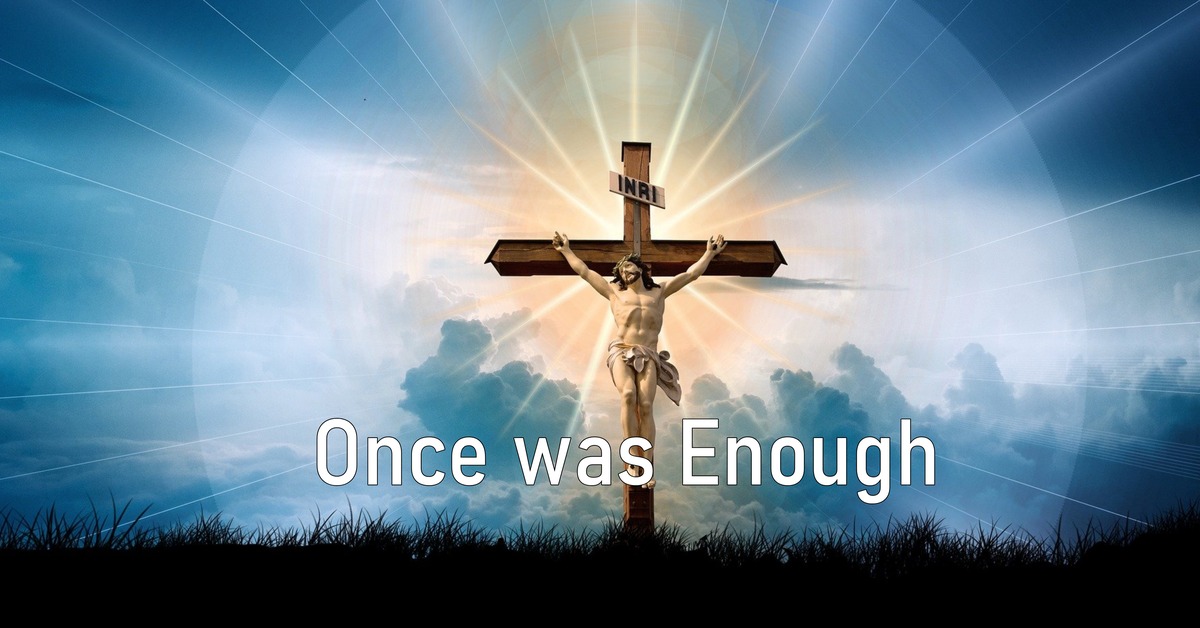“Do not think that I have come to abolish the Law or the Prophets; I have not come to abolish them but to fulfill them. For truly, I say to you, until heaven and earth pass away, not an iota, not a dot, will pass from the Law until all is accomplished. Therefore whoever relaxes one of the least of these commandments and teaches others to do the same will be called least in the kingdom of heaven, but whoever does them and teaches them will be called great in the kingdom of heaven. For I tell you, unless your righteousness exceeds that of the scribes and Pharisees, you will never enter the kingdom of heaven.
Understanding And Applying the Text
Christ said he did not come to abolish the law. He said nothing in the law will disappear. Not even the smallest bit will go away. Some have used this to put us back under the law. But read the whole verse. “Until all is fulfilled,” Jesus said he came to fulfill the law.
But what does that mean? Is the law fulfilled now? If so, how? When? Does it remain fulfilled?
Christ’s death and resurrection fulfilled the law. The law provided a means to allow for God to overlook sin. This was temporary. It was the sacrificial system. The sacrificial system was central to the Jewish religion until 70AD. At that time God ended the Jewish age. The forgiveness of sin requires the shedding of blood. (Hebrews 9:22) That was the reason for the sacrificial system.
But we also read in Hebrews 10:4 the sacrificial system was insufficient. “For it is impossible for the blood of bulls and goats to take away sins.” The sacrificial system was a placeholder. We needed an adequate sacrifice. Christ was that sacrifice. Christ filled the need. Christ filled the placeholder. Christ fulfilled the law.
So the law is now fulfilled. What does that mean? Does that mean there is no more law? Does that make it ok to take God’s name in vain? Does that mean we can now worshiping idols? Of course not! The Law required a sacrifice. And Christ fulfilled that need. He fulfilled in once. And once was enough. It never needs repeating (Romans 6:10, Hebrew 7:27; 9:12; 9:26; 10:10).
That means Rome’s understanding of the mass is incorrect. We do not sacrifice Christ again and again and again. Christ sacrificed once and that is all God needed. That is all.
The sacrifice of sheep and goats is no longer required. We receive atonement from Christ’s sacrifice. It never needs repeating. I started to list the passages that supported that statement. But I ended up with almost all the New Testament. But if you would like something more specific direction, read Romans and Hebrews. That is the message of the entire New Testament.
This passage ends with Jesus giving a word of warning. “Unless our righteousness exceeds the righteousness of the Scribes and Pharisees we will not enter the Kingdom of Heaven.”
That does not sound like good news at all. The Pharisees were scrupulous in keeping the law. We think of the Pharisees as being wicked people. Christ called them out for their hypocrisy. But their outward righteousness was far superior to anything we experience today. How is it possible to be more righteous than they were?
Well, have no fear. We have righteousness gifted to us. That is the righteousness of Christ. Now the righteousness we process far exceeds that of the scribes and Pharisees. We learn that in Romans 3 we have no righteousness in and of ourselves. We can only trust in the imputed righteousness of Christ.
Praise be to God!

Leave a Reply